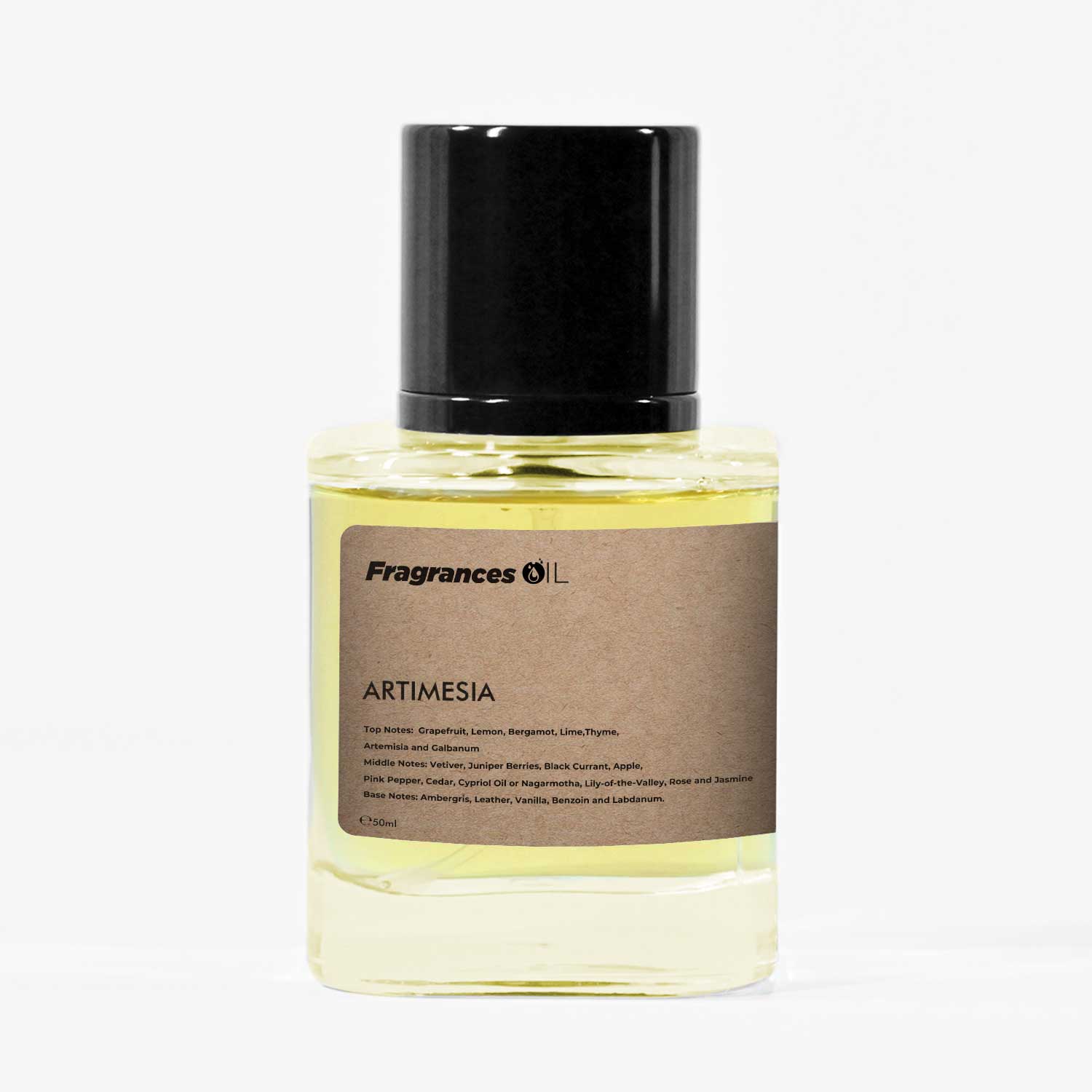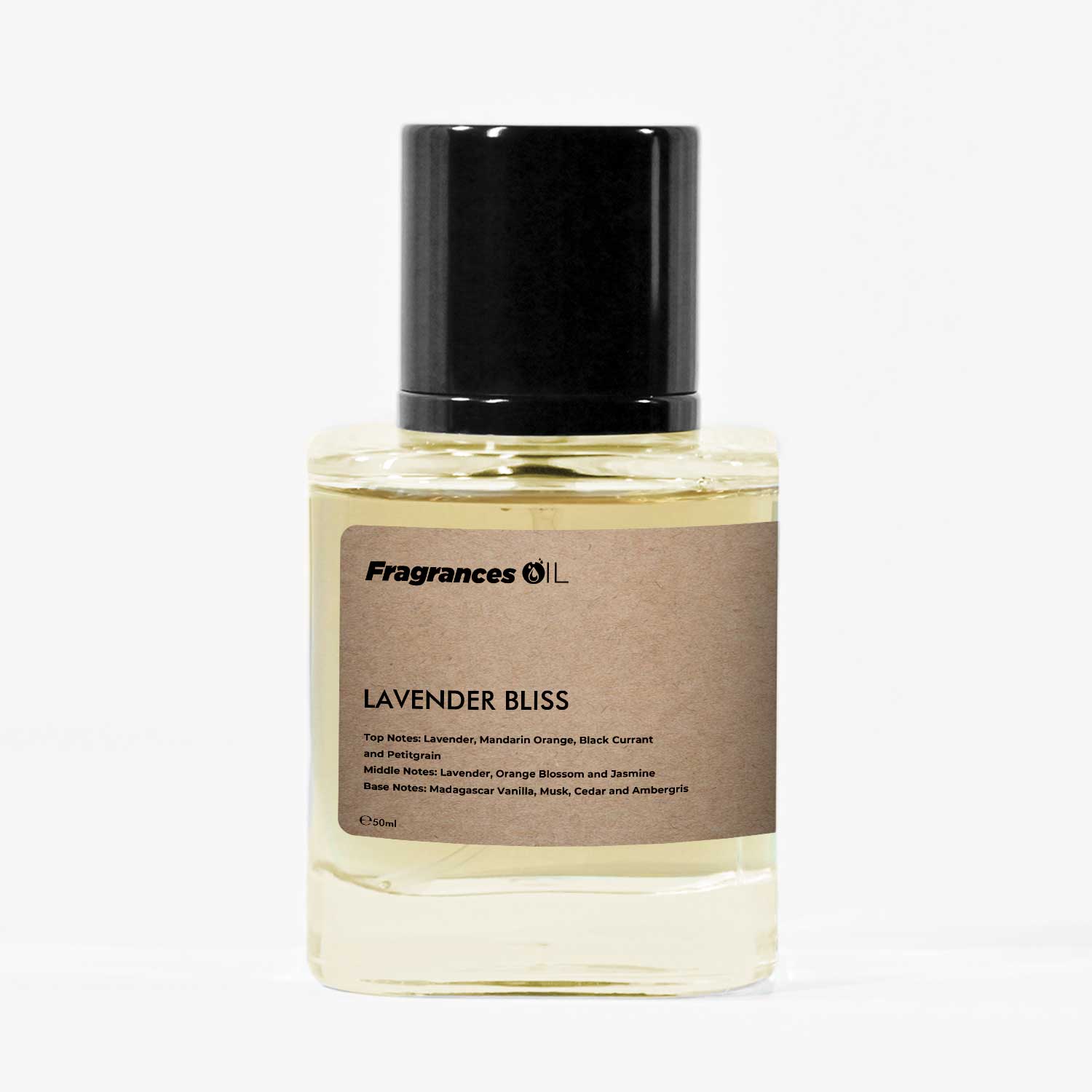

With every whiff, you take as you do shopping in a mall identifying the smell of your favorite perfume is a complicated process. The sense of smell is often underappreciated as compared to the other senses. Scientists studying olfaction have shed light on how our brains process fragrances and provided compelling evidence.
Before chasing after a scent a dog raises its nose in the air. Whereas, before a mosquito lands on your arm for its next meal it zigzags back and forth. And humans primarily use their vision to navigate the vast majority of organisms on Earth, communicate, their environment, and experience the world through olfaction – their sense of smell. People have about 450 different types of olfactory receptors as compared to other animals.
Here, we trace the interconnections between behaviors and smells – looking at how behavior influences odor and fragrance detection, how the brain processes sensory information from smells, and how this information triggers new behaviors?
Detecting odors in the environment
Into the air when the odor of a flower is released, it takes the shape of a plume, a wind-borne cloud of molecules. Then the plume encounters temperature differences and physical obstacles as it flows through space. These interactions create turbulence that splits the odor plume into thin threads and then spreads out as the scent moves away from its source. These filaments eventually reach the person’s nose. Odors that are broken up into filaments present a challenge to the person to avoid threats or use them to find food or mates.
To search around, a person has evolved what is called active sensing behaviors that improve their ability to detect and find odors in the environment. Once information from odors tells that they’re close to the source, then visual searching comes into play.
Making sense of odors
When the person comes into contact with an odor plume, then through tiny proteins called odorant receptors, detects the presence of these odor molecules. In the sensory neurons lining of the nasal cavity, these receptors are embedded. Each sensory neuron contains only one type of odorant receptor that has a different set and shape of chemical properties that determine which odors can bind to and activate it. Most of the receptors recognize multiple odors, and often odors can bind to multiple different receptors. The identity of a specific odor in the brain is determined by which receptors’ relative strength of activation and which combination of receptors are activated. Once an odor molecule binds to a receptor, specific electrical signals sent by sensory neurons into olfactory glomeruli which are compartments of the brain.
Neuroscientists hypothesize that in the brain these signals undergo successive stages of processing deep, after this sensory representations of odor are reformatted in ways that extract information most useful to survival. This could be whether the smell is coming from something nutritious or a bottle of perfume. These reformatted sensory representations form the basis for how the person determines what actions they take in response to this information and perceives smell.
From odor to action
About a particular fragrance or odor, once information reaches the brain, it often elicits both instinctual and learned behaviors. To understand how odor guides behavior, scientists measure or manipulate an animal’s brain activity as they perform specific actions. This is done using imaging, optogenetics, or electrophysiology, which selectively activates specific neurons by shining a light on them. These approaches allow researchers to understand how environmental and internal cues combine to produce a best guess on the location of its next meal or how patterns of brain activity shift when chasing after an odor an animal changes its behavior. The new research suggests that people’s noses can outperform their eyes and ears, which can discriminate between several million colors and about half a million tones.
How Smells Affect Our Brain & Mood
When you’re purchasing your scent at Fragrances Oil you tend to be reminded of unique memories in your past that you’d never thought. In the physiological effects related to mood, stress, and working ability the sense of smell is something very vital. Electrophysiological investigations have indicated that certain smells have an effect on cognitive functioning and spontaneous brain processes. So, you might be thinking, what smells will put you in a certain mood? Here we mention a few fragrances that cause specific feelings:

Mood: Happiness
Best Core – ARTEMISIA (grapefruit, bergamot, lemon)
These scents are widely thought to be the most joyful scents that are mostly associated with positive feelings that help in mood-lifting and energy-boosting.
- Orange
- Grapefruit
- Lemon
- Bergamot

Mood: Calm
Best Core – LAVENDER BLISS (lavender, jasmine, vanilla)
Without making you think hazy or foggy these scents will provide a soothing impact. For those who are stressed, anxious, or even depressed these will be beneficial.
- Lavender
- Vanilla
- Jasmine

Mood: Mysterious
Best Core – BLACK METALLIC (oud, musk)
When smelled these scents create a kind of mysterious aura that inspires fascination and curiosity.
- Oud
- Vetiver
- Musks
- Cedarwood

Mood: Romantic
Best Core – ROSE AROMA (rose, patchouli, amber)
Do you know which senses are likely to hurl the heart into the depths of romance and love? Here we mentioned some of the distinct scents that will help you to get in your love element.
- Patchouli
- Rose
- Amber
- Blackcurrant
- Sandalwood
Smells in your daily activities affect your mood, emotions, and productivity. You can feel better, more content, and more driven by smelling delightful things just like your favorite scent. The fact is that it is an important thing to smell good not only will have a beneficial impact just on your life, but also on the lives of everyone who comes into contact with you.
